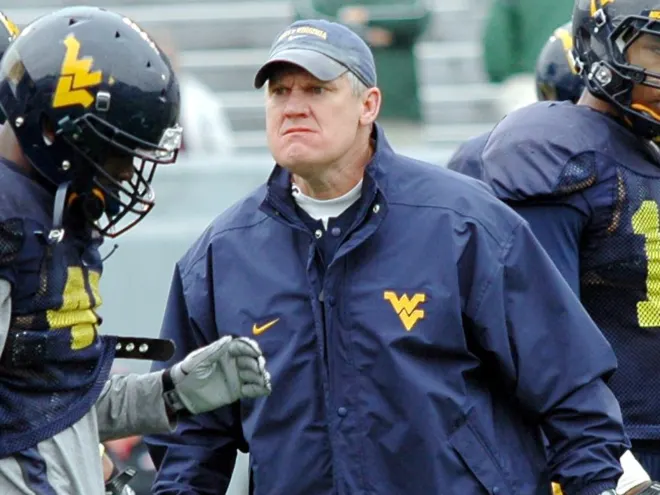West Virginia’s Athletic Department Faces Historic Financial Commitments Amid Coaching Overhaul
Time is money, and for West Virginia University’s athletic department, the clock is ticking on some of the most significant financial commitments in its history. The Mountaineers have invested heavily in football, committing at least $7.5 million this year to ensure Rich Rodriguez has a robust coaching and support staff. In reality, that figure is expected to exceed the minimum, reflecting the university’s unprecedented approach to football staffing.
This commitment includes spreading the funding across an unlimited number of positions, marking a new era in WVU football. Notably, the program has awarded its first-ever seven-figure assistant coach salary. Defensive coordinator Zac Alley isn’t just earning $1 million—he’s making an eye-popping $1.5 million, setting a new standard for assistant salaries at the university.
However, while the current coaching staff commands a hefty price tag, WVU is also dealing with substantial financial obligations to its former football staff. The Mountaineers are locked into payments totaling $6,075,000 to former head coach Neal Brown and seven members of the 2025 coaching staff, all of whom were dismissed as part of the program’s transition.
Brown, who was under contract through 2027, will continue to receive his agreed-upon compensation, adding to the financial burden. The payments to the outgoing staff nearly match the total allocated for Rodriguez’s new staff and highlight the cost of making a dramatic coaching change.
The decision to invest heavily in Rodriguez’s leadership signals WVU’s determination to reset its football program and compete at a higher level. The university is betting that the investment will yield dividends on the field, helping to restore the Mountaineers’ prominence in the Big 12.
At the same time, the dual financial commitments underline the challenges athletic departments face in balancing performance goals with financial realities. Paying both the new staff and the previous staff represents a significant strain on the ledger, particularly for a program navigating the pressures of modern college athletics.
Rodriguez’s return to Morgantown brings both optimism and expectations. While the investment in staff suggests WVU is fully committed to his vision, the financial implications mean the stakes are high. Success on the field will be critical in justifying the unprecedented expenditures.
As WVU navigates this pivotal moment, the program’s leadership will need to ensure that the return on investment is reflected in both competitive results and financial stability. For now, the Mountaineers’ bold strategy underscores their commitment to reclaiming their place among college football’s elite.
